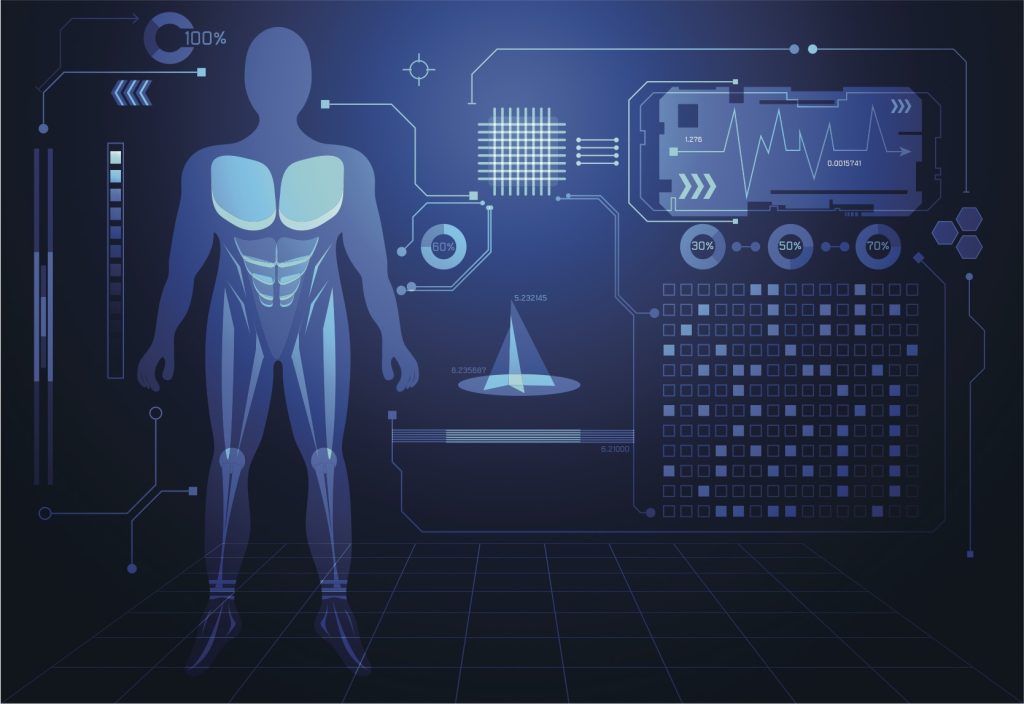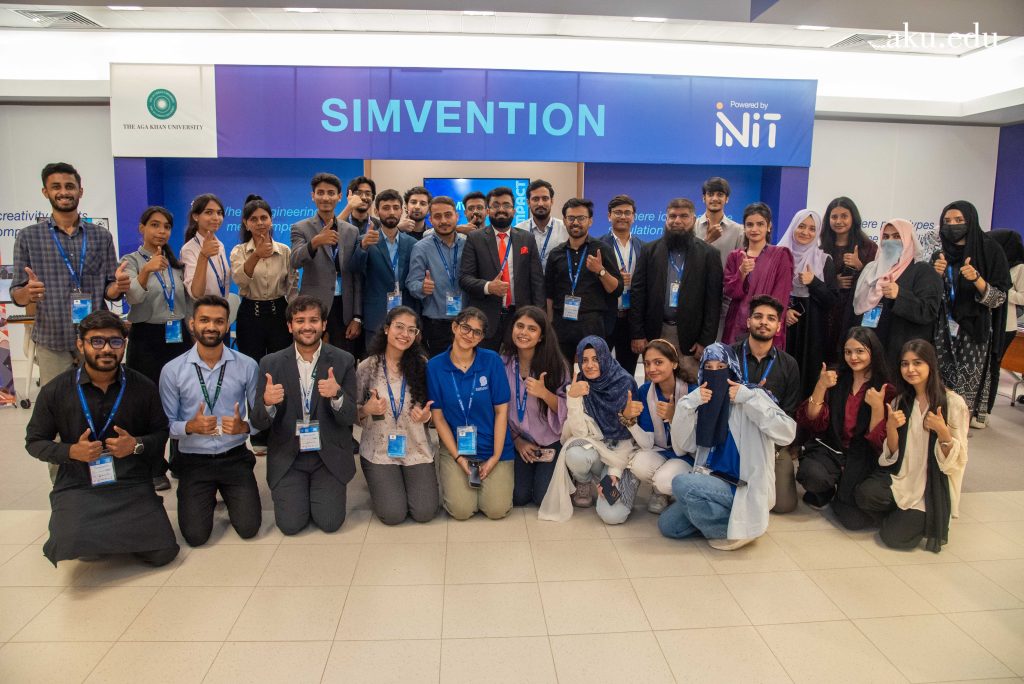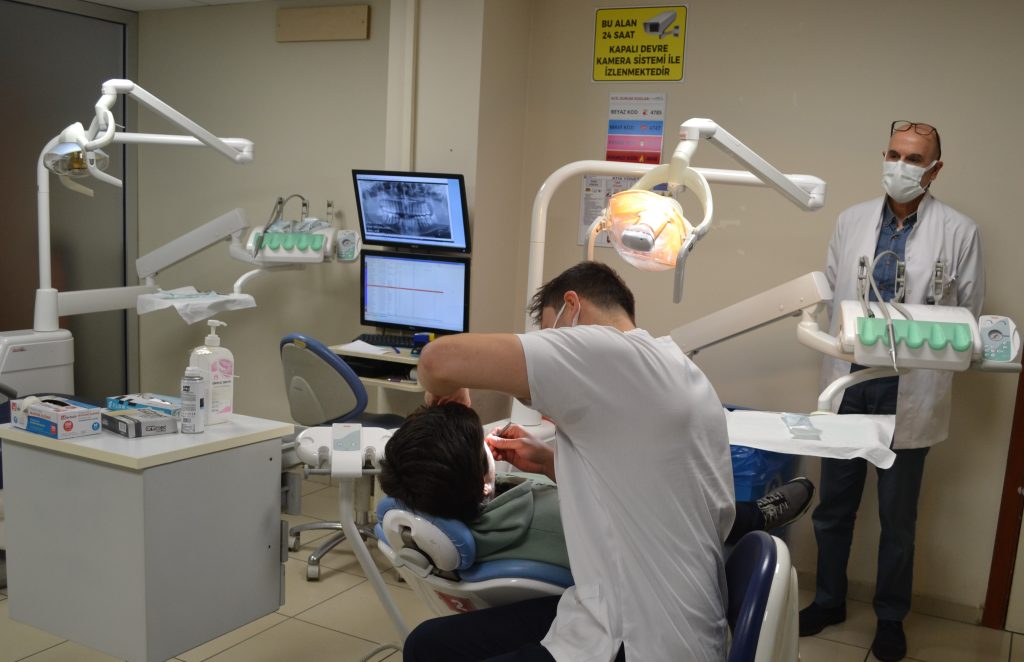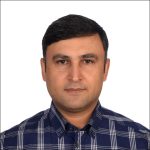On September 17, 2022, the new simulation center Simula Hub was inaugurated in Parma. The event brought together academic institutions and personalities. Here is the summary of the day.
“Never the first time on the patient.” For more than ten years, Accurate‘s mission has been to offer high-quality scientific and technological solutions to enhance the training of health professionals.
The use of simulation in the medical field is the most effective tool to reduce the incidence of human error and, consequently, minimize the clinical risk for the patient. In fact, simulation-based training allows clinicians to learn, practice and improve their skills in a protected environment, thus ensuring patient safety. Which is, all of us.

In line with this philosophy, Accurate promotes the culture of clinical simulation and its dissemination both in Italy and abroad. Not by chance, September 17, or World Patient Safety Day, was chosen as the date for the inauguration of the Simula Hub, its new simulation center. The goal is to use the most advanced technologies to offer highly realistic and immersive training experiences. The center aims to be a motor for innovation, offering health professionals the opportunity to practice with state-of-the-art simulators capable of inspiring and stimulating the development of new skills. “We have decided to invest more in technology to create a research and innovation center entirely dedicated to clinical risk reduction,” explains Patrizia Angelotti, CEO of Accurate.
In addition to academic and scientific personalities, institutional authorities such as the president of the Emilia-Romagna region, Stefano Bonaccini, the councilor for Health Policies, Raffaele Donini, and the mayor of Parma, Michele Guerra, also participated in the inauguration of the center.

“One of the fundamental components of the practice of modern medicine is know how to do things. And today, simulation provides the tools to learn to do” says Dr. Carlo Cricelli, president of the Italian Society of General Medicine and Primary Care.
Prof. Mauro Rinaldi, president of the College of Professors of Cardiac Surgery at the University of Turin, also highlighted the importance of simulation in the surgical field: “Hands-on training is what allows us to effectively teach things. Why is simulation so necessary in cardiac surgery? Because, unfortunately, the consequences of errors in the operating room are tragic. The parallelism between aeronautics and cardiac surgery is well known, since both are areas in which no risk can be taken. In the Swiss Cheese theory, there are a series of small errors, sometimes almost undetectable, which all slip into a guideline at the end of which there is disaster. According to the John Hopkins University, medical error is the third leading cause of death.
It may be an overestimate, but surely the error affects our profession, and we must try to reduce its incidence with all methods available to us.”
The Simula Hub center is structured like a real hospital, including delivery room, radiology, operating room and intensive care. It also provides students with state-of-the-art simulators, such as HAL® S3201, a model capable of integrating numerous advanced functions.

“Most of the simulation centers in Italy still use basic equipment, simple simulators that are used to train basic skills such as cardiac massage.” says Prof. Luciano Gattinoni of the University of Goettingen in Germany.
“When we talk about advanced simulations, in which we have a manikin with the potential for very complex physiological and pathological responses, it becomes necessary to write a scenario to recreate situations that are very similar to reality and that have educational effectiveness. These are activities that cannot be improvised. 90% of the responsiveness of these devices is not exploited. Medicine currently uses only 10% of the potential that technology can offer.”
The objective of Simula Hub is also to interact with research centers and hospitals to test clinical models and establish which ones, in terms of immediate physiological response, can work. “We are facing an infinite panorama of possibilities” adds prof. Gattinoni «but what are the results of all this? First, the improvement of the preparation skills of the operators; second, the possibility of continuously updating the teaching scenarios and the quality of the models; third, the improvement of our clinical knowledge”.












































